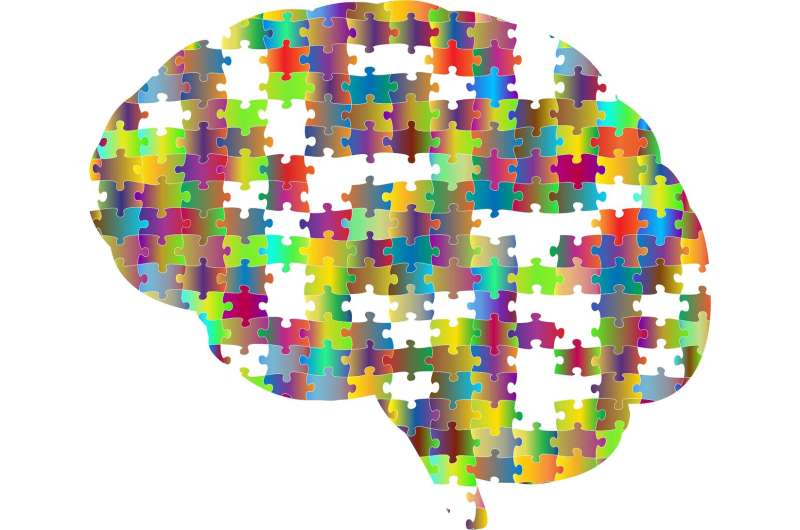Reevaluating the Brain Regions Behind Human Consciousness

Emerging research suggests that the brain's ancient regions, like the subcortex and cerebellum, may play a more vital role in human consciousness than the traditional cortex-focused theories indicate, prompting a rethink in neuroscience.
Understanding the origins of human consciousness has long been a central question in neuroscience. For over 35 years, researchers have focused largely on the cerebral cortex, particularly the neocortex, as the primary seat of conscious experience. This outer layer of the brain, responsible for higher cognitive functions, was believed to be essential for our awareness and subjective experience, such as perceiving colors or tasting food. However, recent research suggests that this emphasis might have overlooked the importance of the brain's more ancient regions.
In a comprehensive review of over a century of neuroscience data, scientists are now questioning whether the oldest parts of the brain—the subcortex and the cerebellum—play a more significant role in consciousness than previously thought. The subcortex, located beneath the cortex, has remained relatively unchanged over hundreds of millions of years and is vital for basic neural functions. The cerebellum, often considered irrelevant for consciousness in many theories, is situated at the back of the brain and is primarily known for coordinating movement and balance.
Despite longstanding beliefs, evidence shows that damage to these ancient regions can disturb conscious experience. For example, injuries to the neocortex can cause a range of perceptual and cognitive deficits, but individuals can sometimes still exhibit signs of consciousness. Intriguingly, rare cases have been documented where individuals born without significant portions of the neocortex display conscious behaviors, such as recognizing loved ones, experiencing emotions, and enjoying music.
Experimental studies involving brain stimulation reveal that altering activity in the subcortex or cerebellum can induce profound changes in consciousness. Stimulating the cerebellum, once dismissed as irrelevant, has been shown to affect sensory perception, and activating the subcortex can influence wakefulness and awareness levels. This suggests that these ancient brain regions might be sufficient for sustaining certain aspects of consciousness.
Moreover, findings from cases of severe brain injury, including individuals with extensive cortical damage, challenge the notion that the neocortex is indispensable for consciousness. Conversely, experiments with animals demonstrate that removing the neocortex does not eliminate the capacity for basic awareness, as many animals continue to display emotional and cognitive behaviors.
These insights point toward a more nuanced understanding of consciousness—one that considers the foundational role of the brain's oldest structures. Recognizing the importance of the subcortex and cerebellum could reshape not only our scientific theories but also influence patient care and our ethical considerations regarding animal and human consciousness.
In summary, the traditional focus on the cortex as the controller of consciousness may be too narrow. The ancient parts of the brain could be more critical to conscious experience than previously believed, prompting a major reevaluation of existing neuroscience paradigms.
Stay Updated with Mia's Feed
Get the latest health & wellness insights delivered straight to your inbox.
Related Articles
Probiotics: Their Role in Gut Recovery Post-Antibiotics Is Complex
Research reveals that the effects of probiotics on gut recovery after antibiotics are strain-specific and complex, highlighting the need for personalized microbiome therapies.
Sierra Leone Reports Over 2,000 Mpox Cases and 11 Deaths Amid Rising Outbreak
Sierra Leone reports over 2,000 mpox cases and 11 deaths this year amid rising infection rates, prompting urgent vaccination efforts and healthcare response.



